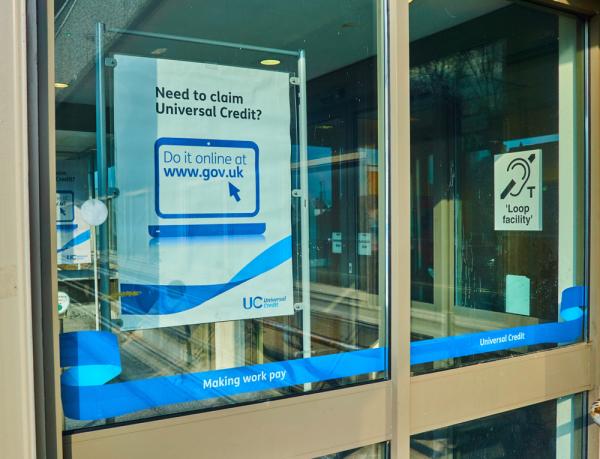Call for evidence: The economics of Universal Credit (UC)
Responding to a House of Lords Economic Affairs Committee call for evidence, LITRG highlights various mismatches in the Universal Credit system and the consequences for claimants.

Universal Credit (UC) was brought in to simplify the benefits system by combining support for those in and out of work, housing, and childcare costs, with additional payments for people who have disabilities or caring responsibilities.
LITRG believe that there are mismatches in the system. Although real-time information (RTI) is supplied to DWP by HMRC for administrative simplicity, the definition of earned income for UC does not always neatly match up with the tax data.
Problems include:
- Workers paid four-weekly or monthly experiencing a ‘double-pay’ problem, due to the claimant’s pay dates not always matching the UC monthly assessment period.
- Claimants losing out on the work allowance due to the RTI indicating higher pay in one assessment period and perhaps no earnings in the next, meaning the UC claim might be cancelled (with a new claim then being needed) and risk the claimant triggering the benefit cap and surplus earning rules.
- RTI data not giving the full picture for UC employed earnings, particularly with regards to unreimbursed expenses.
- Issues around incorrect PAYE codes and the fact that HMRC does not notify the DWP of tax refunds, increasing the risk of claimant error.
LITRG’s response made several recommendations, including:
- Further examination of PAYE coding and how it works with UC claims, removing the need for claimants having to notify the DWP tax overpayments or underpayments.
- Treating claimants in similar financial situations equitably under UC, for example minimising differences in treatment of a self-employed person who is otherwise in a similar position to an employee.
- Addressing the anomaly of pension contributions and the level of tax relief.
- Addressing concerns surrounding the self-employed with fluctuating cash flow and their consequent risk of losing out under UC.
The full text of the representation can be found here: House of Lords Economic Affairs Committee - Call for evidence: The economics of Universal Credit (‘UC’)
(13/03/2020)
Kelly Sizer
